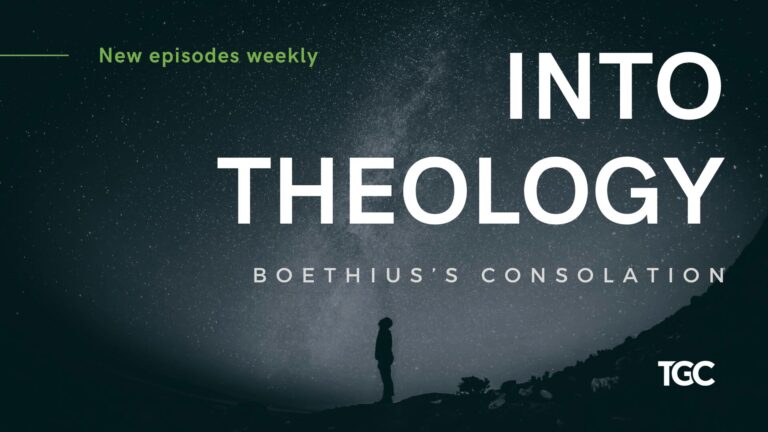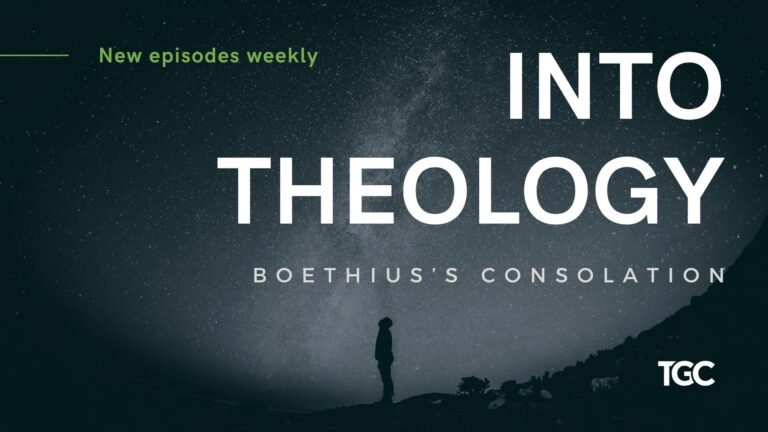Given the pandemic, politics has increasingly entered into our minds. Christians have felt the need to equip themselves to understand the political situation. While it is important to so, I want to suggest that we have an even greater need. We need to know how we should talk about politics ethically because we have fallen prey to unvirtuous and so vicious political discourse.
Political Discourse
Christians have too often given in to the temptation to dismiss and demonize political persons. We have allowed the secular political discourse to renew our minds so that we can only see liberal versus conservative, control versus freedom.
While I have no intention to discuss the relative benefits of any political affiliation, the deep division of the broader culture’s understanding of what it means to be a political being, to borrow a term from David French, has influenced the church.
Pauline Discourse
Yet the apostle Paul reminds us of the key marks of Christian political discourse, and they look much different from cable news or what often appears on social media. He explains:
Remind the people to be subject to rulers and authorities, to be obedient, to be ready to do whatever is good, to slander no one, to be peaceable and considerate, and always to be gentle toward everyone (Titus 3:1–2).
These marks demonstrate true faith and integrity among Christians.
Practical Discourse
Paul reminds us to subject ourselves to the ruling authorities—“ready to do whatever is good.” That looks like slandering no one—not even the political person that you dislike.
It means using words and acting in ways that people recognize as “peaceable and considerate.” Lastly, and possibly as a summary of what’s been said, Paul reminds us to “always be gentle toward everyone.”
Lacking gentleness and peacefulness signal a serious breach in Christianity since false teaching overwhelmingly in Scripture means how one lives (since the doctrine in Scripture always relates to how we live).
Paul instructs us to act and speak in this way to avoid heresy which in context means creating groups with seditious, worthless, and unkind speech:
But avoid foolish controversies, genealogies, dissensions, and quarrels about the law, for they are unprofitable and worthless. As for a person who stirs up division, after warning him once and then twice, have nothing more to do with him, knowing that such a person is warped and sinful; he is self-condemned (Titus 3:9–11).
The word “division” translates the Greek word airetikon, which is the adjectival form of the word “heresy.” At this time in history, heresy meant creating a sect or group that positions itself outside the wider church. In other words, Paul warns against speech and actions that “stirs up division” because such things are “unprofitable and worthless.” It is. And it leads us towards division and discord.
Powerful Discourse
Between the two options of gentle speech and unprofitable quarrelling, Paul points us to Jesus. Unkind, unspeakable, slanderous, disobedient actions towards political persons and anyone else characterizes our past life (Titus 3:3). That life exists among the world around us today.
We live differently because Jesus appeared who is “the goodness and loving kindness of God our Savior” (Titus 3:4). That embodied goodness and loving-kindness, who is Jesus, transform our political discourse. We deny the flesh and its cable news jockeyism—the drive to “destroy” our political opponents.
And it is hard because politicians and people can often be hard to love. The flesh tells us to “destroy,” but Christ loved us when we were enemies. He is good and loving-kindness in the flesh. He saved us from such evil so that we could devote ourselves to good works (Titus 3:8).
And doing these good works means that we must be “subject to rulers and authorities, to be obedient, to be ready to do whatever is good, to slander no one, to be peaceable and considerate, and always to be gentle toward everyone.”












